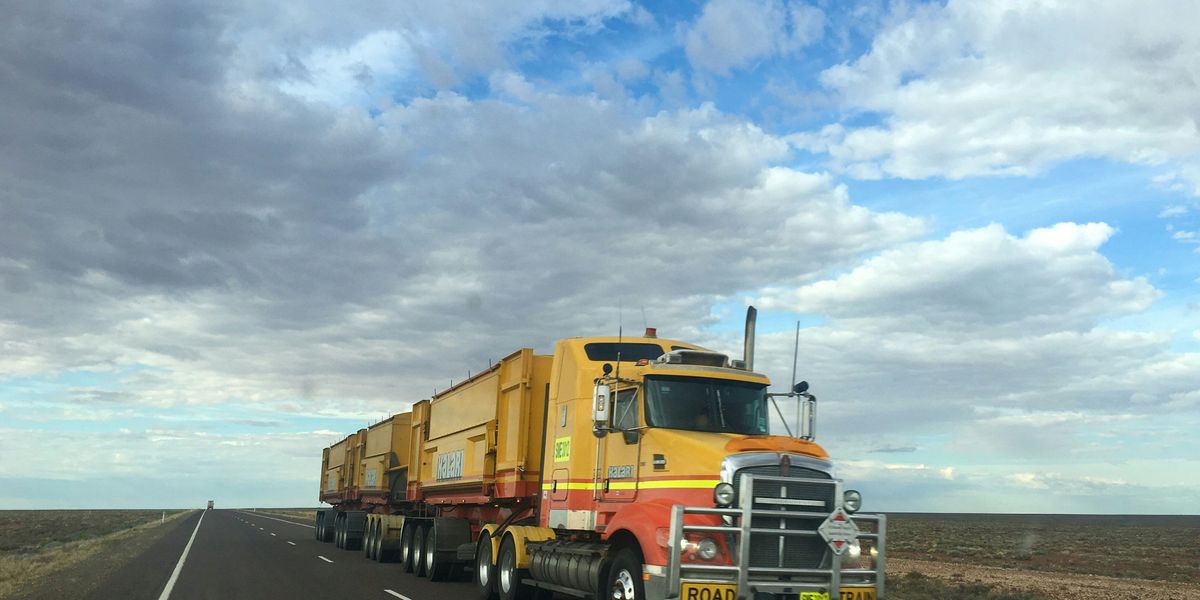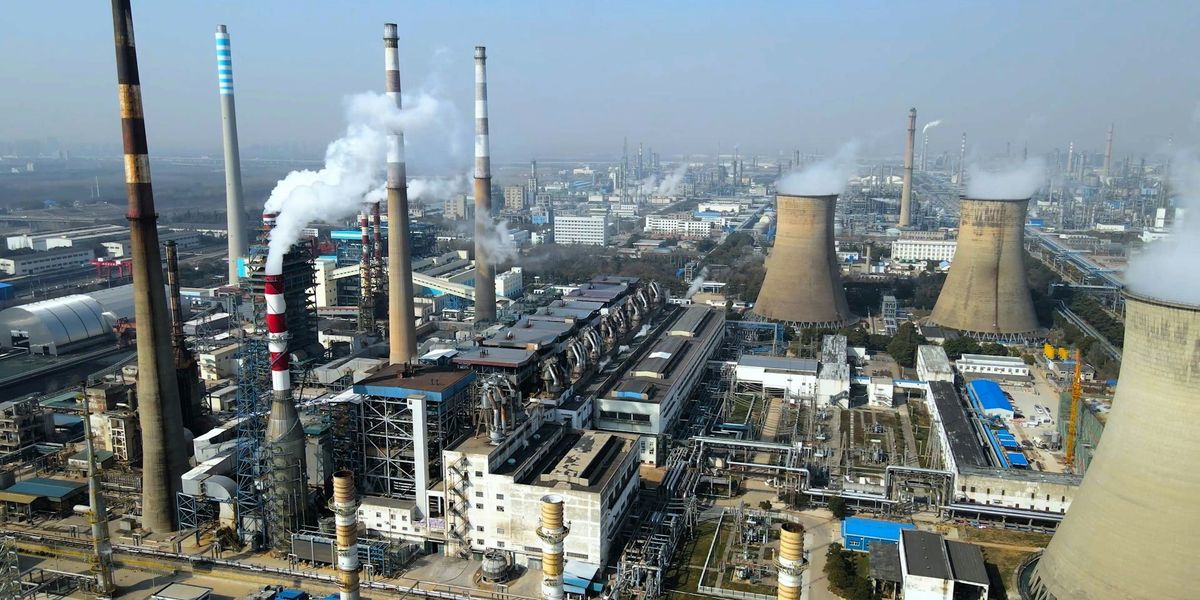trains
Railway ordered to pay tribe $400 million for trespassing with oil trains
A federal judge has ordered BNSF Railway to pay nearly $400 million to the Swinomish Tribe for repeatedly trespassing with oil trains across their reservation.
In short:
- BNSF Railway intentionally ran 100-car crude oil trains across the Swinomish reservation, violating a 1991 easement limiting trains to 25 cars per day.
- The tribe sued in 2015, leading to a ruling that BNSF profited significantly from the trespassing, resulting in the large financial judgment.
- The tribe expects BNSF to appeal the ruling, which includes both profits from the trespassing and additional post-tax profits.
Key quote:
“We know that this is a large amount of money. But that just reflects the enormous wrongful profits that BNSF gained by using the Tribe’s land day after day, week after week, year after year over our objections.”
— Steve Edwards, chairman of the Swinomish Indian Tribal Community
Why this matters:
The Swinomish Tribe, located in Washington State, has long fought to protect its lands and waters from the risks associated with transporting hazardous materials like crude oil. The judge's decision emphasizes the importance of honoring agreements with Native American tribes and the need for companies to respect tribal sovereignty. For the Swinomish, the ruling is a significant victory that will provide much-needed funds to address the environmental impacts and potential risks posed by these unauthorized trains.
Utah's oil train project seeks Supreme Court intervention
A coalition in Utah has petitioned the Supreme Court to reconsider a court ruling that halted a railway project due to environmental concerns.
In short:
- Utah's Seven County Infrastructure Coalition is challenging a decision that blocked an oil train railway over environmental review concerns.
- The coalition argues for a limited scope of environmental review, referring to a 2004 Supreme Court decision.
- Legal opponents and environmental groups remain critical, emphasizing the project's violation of federal laws and its potential harm.
Key quote:
“This appeal is a last-ditch attempt to dodge environmental laws to facilitate a climate train wreck."
— Wendy Park, senior attorney, Center for Biological Diversity
Why this matters:
The safety of transporting oil by rail has been a pressing concern for communities along these routes. Accidents can lead to explosions and fires, posing immediate danger to residents and causing evacuations, property damage, and, in the worst cases, loss of life.
A half year after the train derailment in East Palestine, Ohio, independent researchers said their work contradicted the government narrative that the area is safe.
West Coast embraces electric big trucks, leading by example
Titan Freight Systems is making a significant shift to electric trucks on the West Coast, showcasing both environmental and economic benefits.
In short:
- Titan Freight Systems in Portland, Oregon, transitions its fleet from diesel to electric, tapping into federal and state subsidies to offset costs.
- Electrification of Titan's fleet is deemed profitable, with savings on maintenance and fuel costs leading to substantial financial benefits.
- The move towards electric trucks is part of a larger effort to reduce greenhouse gas emissions and local air pollution, with heavy-duty trucks being a primary focus due to their significant environmental impact.
Key quote:
"Look at my return on investment. Holy cow! It’s a 52 per cent cost reduction versus a diesel vehicle. That just takes your breath away."
— Keith Wilson, owner of Titan Freight Systems.
Why this matters:
Switching to electric trucks is not just an environmental imperative but also an increasingly viable economic choice. This shift is crucial for reducing emissions and pollution from one of the most significant contributors: the transportation sector. Titan's successful transition serves as a model for others, signaling a pivotal change in how goods are transported, aligning economic incentives with ecological sustainability.
Diesel trucks are causing environmental injustice across US cities.
New bullet trains misfire on old U.S. railroad tracks
When it comes to climate change, Amtrak is stuck in a catch-22
Travel industry warned ‘tackle climate disaster before it’s too late’
The travel industry has been urged to prove its commitment to sustainability with “rapid decarbonisation” to avoid a climate disaster.



















